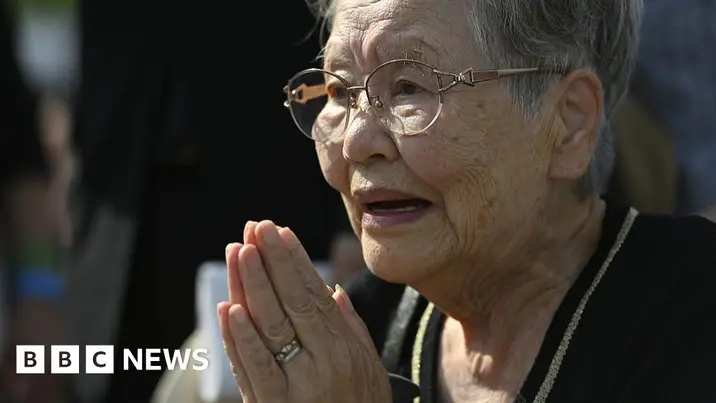T4K3.news
Japanese leader uses remorse in WWII anniversary speech
Prime Minister Ishiba uses the term remorse in a WWII anniversary address, signaling a shift in official memory and potentially influencing policy and regional relations.
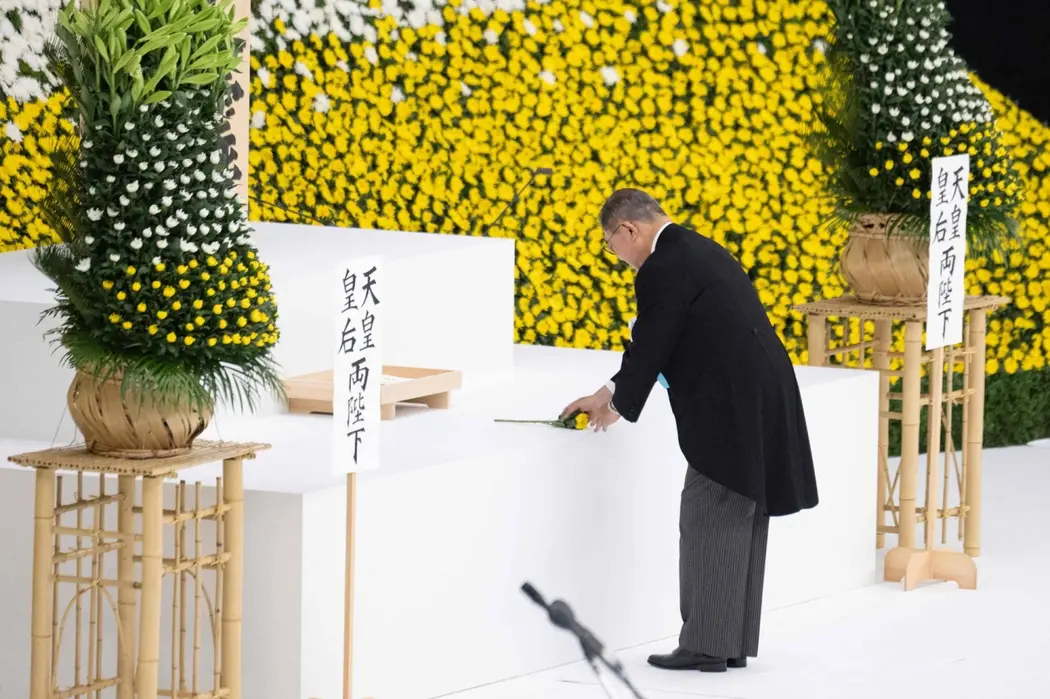
Prime Minister Ishiba uses the word remorse at the Aug 15 memorial, signaling a tougher reckoning with wartime history.
Japan marks 80th WWII surrender anniversary Ishiba addresses memorial
Japan marked the 80th anniversary of its surrender to Allied forces with a memorial ceremony at Nippon Budokan in Tokyo. Prime Minister Shigeru Ishiba used the word remorse in his Aug 15 remarks, the first time a Japanese leader has described the war with that term in an Aug 15 address since 2012. He said, "We will not repeat the horrors of war. We will not go down the wrong path again. We must engrave the war's remorse and lessons deeply into our hearts." The moment stands out for its explicit language on memory and responsibility.
The speech arrives as Japan navigates questions about its defense posture and its relationship with neighboring countries. By naming remorse, Ishiba diverges from earlier anniversaries that leaned toward restraint and memory as a shared burden, inviting renewed domestic debate about accountability and reconciliation with victims and neighbors.
Key Takeaways
"We will not repeat the horrors of war."
Ishiba's Aug 15 remarks at Nippon Budokan
"We must engrave the war's remorse and lessons deeply into our hearts."
Ishiba's Aug 15 remarks at Nippon Budokan
Analysts see this as a potential shift in how official rhetoric handles memory. A more explicit acknowledgment of harm could push policy toward stronger victim support and clearer apologies, but it may also provoke backlash from conservatives who prefer softer language about the past. The domestic reaction will be telling as to whether this is a momentary gesture or a lasting stance.
Internationally, the move could affect diplomacy with China and Korea, where wartime memory remains a live issue. The real test will be whether words translate into concrete actions that honor victims and prevent recurrence, or if the speech remains ceremonial without follow-through.
Highlights
- We will not repeat the horrors of war.
- We will not go down the wrong path again.
- We must engrave the war's remorse and lessons deeply into our hearts.
Political sensitivity over remorse remarks
Explicit remorse language in a wartime anniversary speech may trigger political backlash at home and affect regional diplomacy, particularly with neighbors mindful of the wartime record.
Memory is a compass for policy and a test of how nations translate memory into action.
Enjoyed this? Let your friends know!
Related News
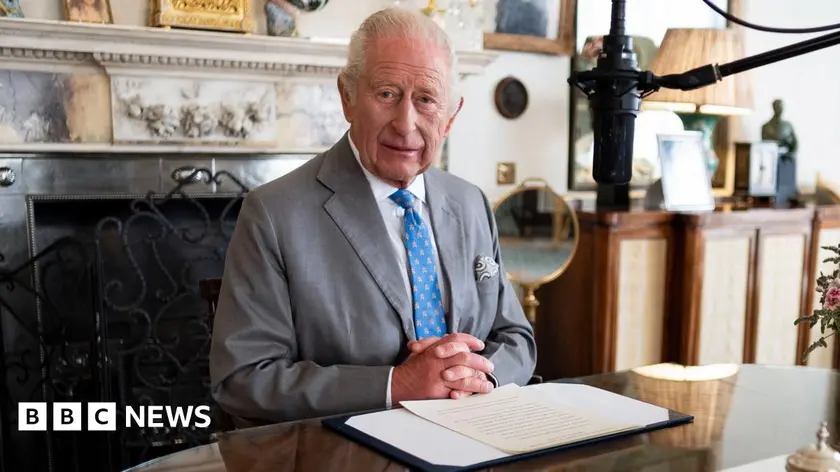
VJ Day memorial tests memory and diplomacy
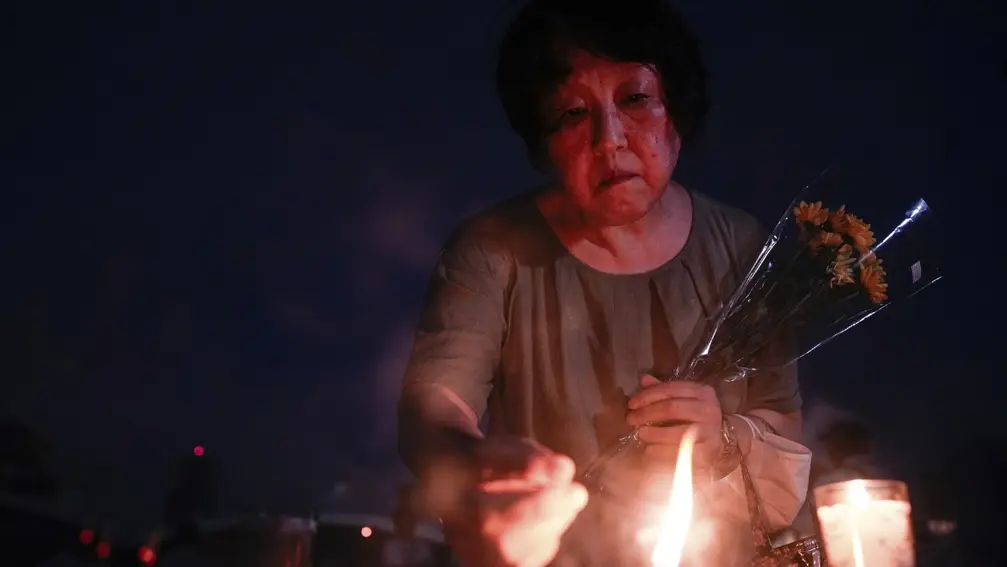
Hiroshima commemorates 80th anniversary of atomic bombing
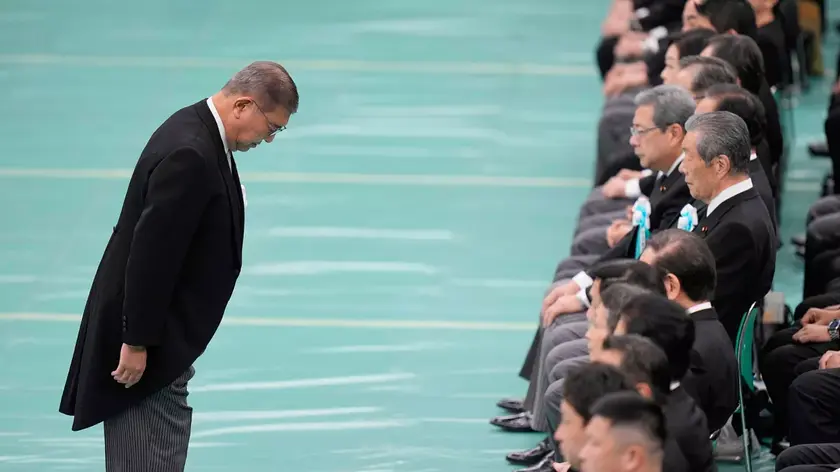
Remorse on WWII surrender anniversary
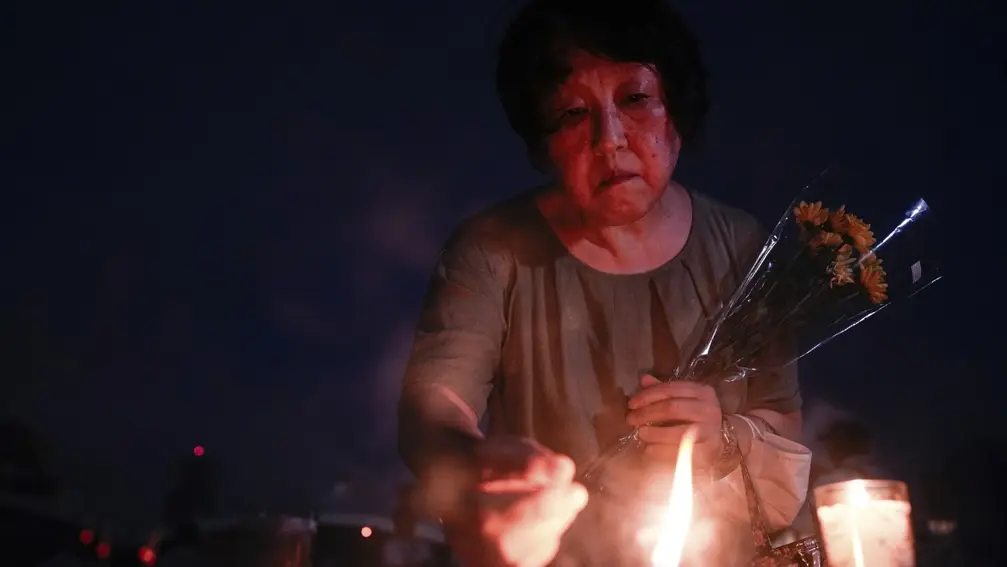
Hiroshima marks 80th anniversary of atomic bombing
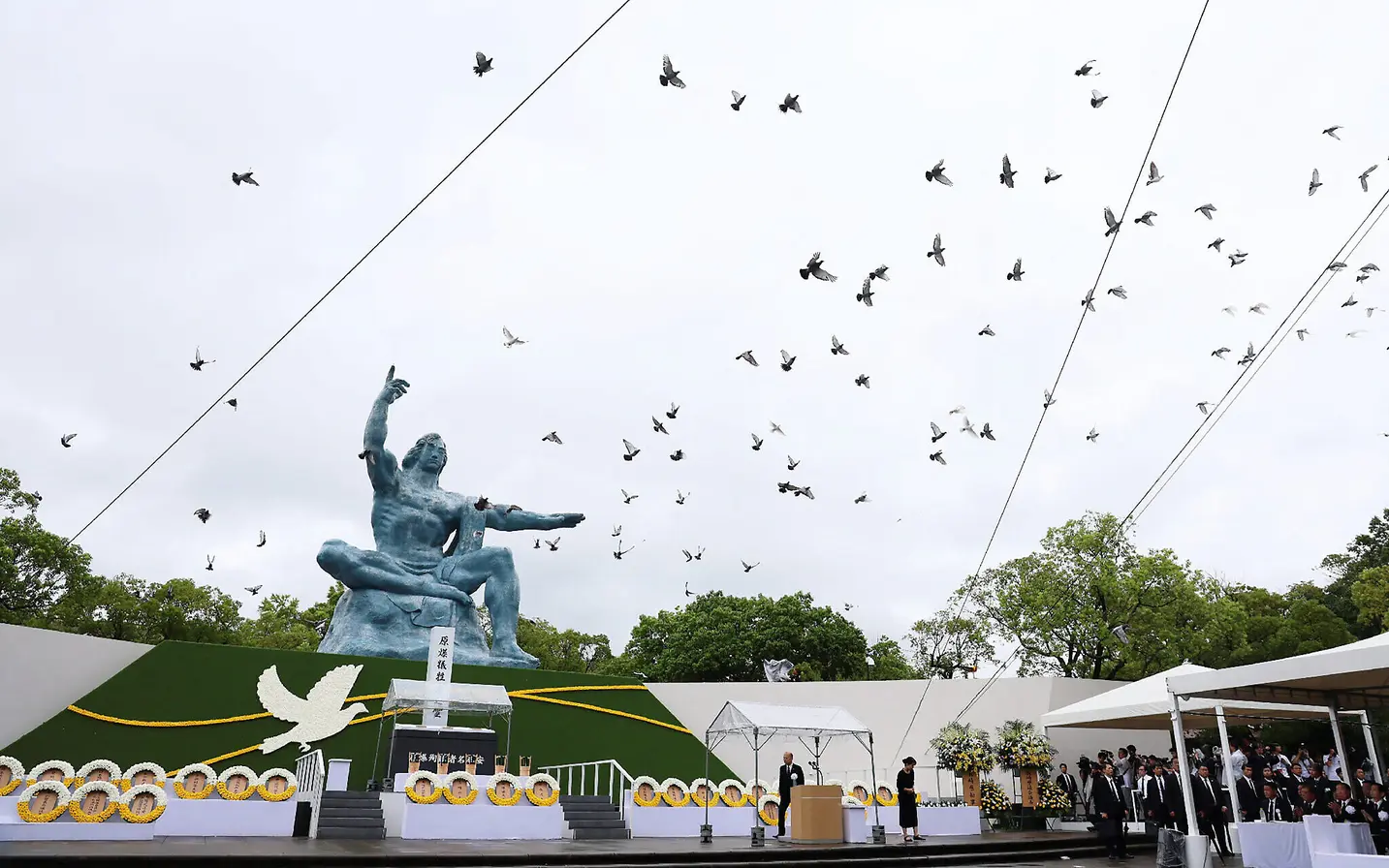
Nagasaki 80th anniversary ceremony
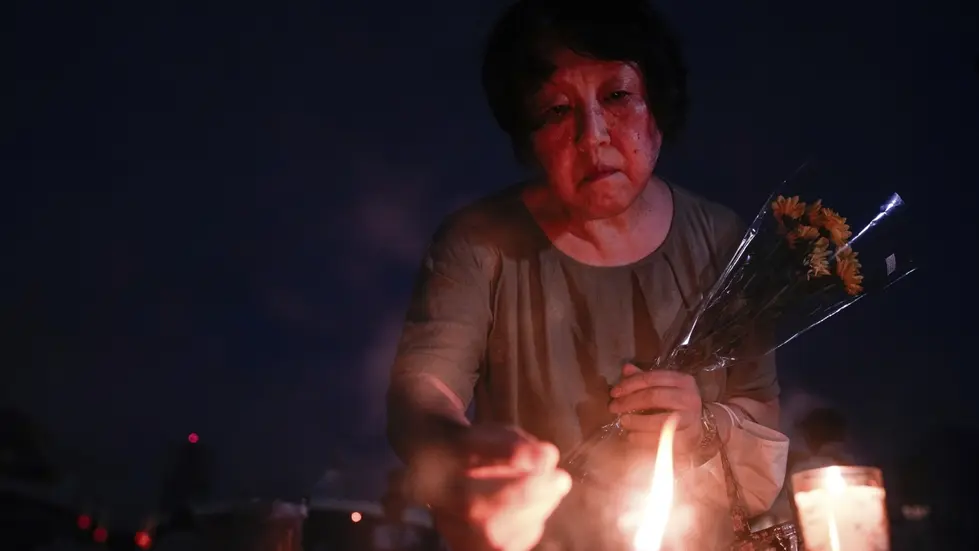
Hiroshima marks 80 years since atomic bombing
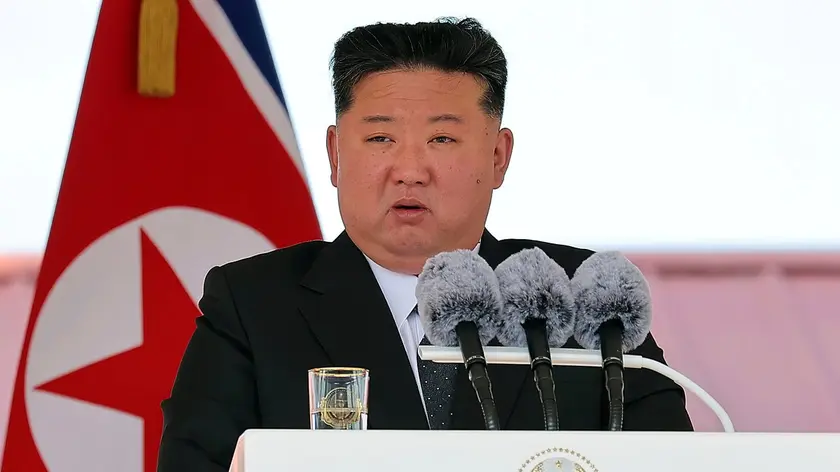
Kim Jong Un declares victory against US in fiery speech
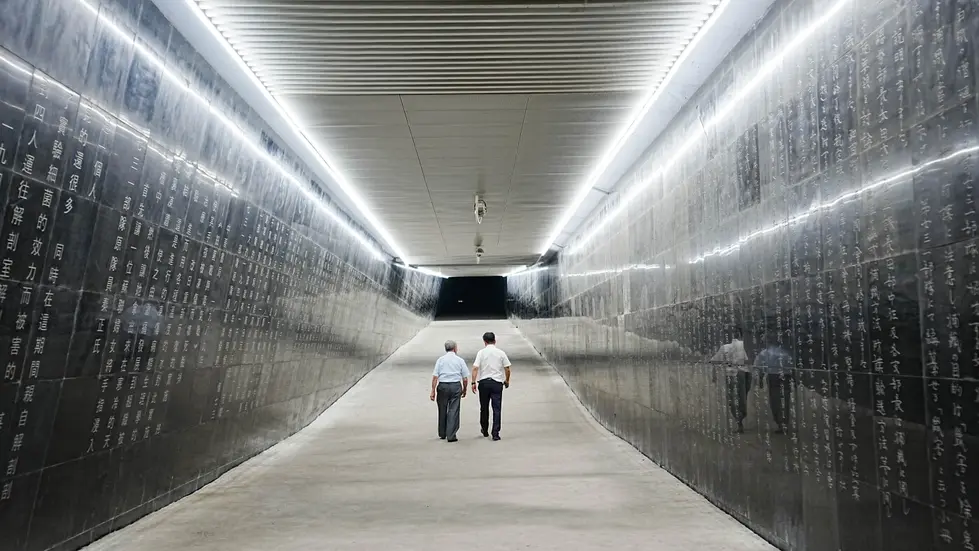
Japan confronts Unit 731 history with new records
